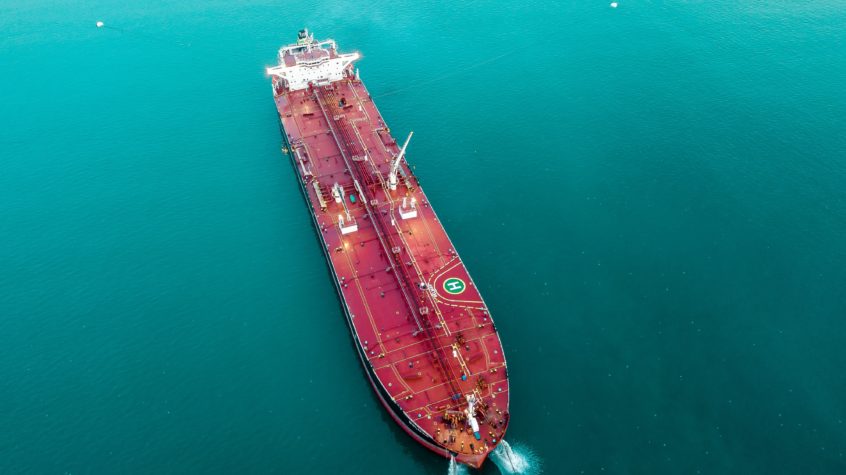There are a host of charges and surcharges in shipping today. Just in case you are wondering what it all means, we are breaking it down to the essentials. This article explains what PSS, EFAF, and EBS mean for shippers and carriers in the industry.
PSS: Peak Season Surcharge
Peak Season Surcharge (PSS) is an emergency surcharge for peak seasons. This charge was initially imposed to mitigate the impact of unexpected operational costs that hit the shipping industry. Companies such as Hamburg Süd are already implementing the charges. Although PSS is a global charge, it specifically targets exports from China as of June 1, 2018. PSS will continue to be operational until further notice. Hamburg Süd will apply the same to exports to the United States and Puerto Rico beginning July 1, 2018.
A breakdown of the charges follows:
Equipment Type Charge in USD per Unit
Dry and Special
- 20’ $60
- 40’ $120
- 45’ $120
REEF
- 20’ $90
- 40’ $180
- 45’ $180
Another applicable charge is the LSS or ECA which is a security-related surcharge that is imposed at the ports of origin and destination. The authorities may also impose a terminal handling charge. These charges reflect current risks. The charges outlined above are in addition to all the local charges.
EFAF: Emergency Fuel Adjustment Factor
The Emergency Fuel Adjustment Factor (EFAF) is added to freight rates to cover the costs of fueling the vessel. The charge can change depending on the nature of the requested service. The EFAF recognizes the fact that fuel prices are constantly changing, hence creating a substantial unexpected cost variance for the carriers that is passed onto the customer. A calculation formula and table will be used to reference the average pump price that is verified by an independent source.
EBS: Emergency Bunker Charge
The Emergency Bunker Charge (EBS) is typically applied in shipping destinations such as North America. However, 2018 has seen a significant increase in the real amount of EBS with some records indicating inflation of up to 20%. This increase is because the carriers could no longer recover the bunker costs using the traditional adjustment factors. That is why companies like SeaLand and Maersk have started using EBS to protect their profits. Beginning July 1, 2018, the increased EBS charges will be imposed on all cargo trades from the United States and Canada, for example.
Action for Carriers and Shippers
Specific carriers are sending out press releases about the new charges and updates to older charges. It is imperative for shippers to ensure that they are adequately prepared for these charges. Shippers need to understand these charges so they can factor them in when pricing or budgeting for their cargo movements. Shortfalls can put increased pressure on operational costs.
Early negotiation and discussion with the carrier or the port might help to reduce these costs. Indeed, managing these costs effectively may become a competitive advantage for those that can negotiate with carriers along their routes. Planning ahead and watching out for trends are essential for all players within the shipping industry.





3 Comments on “PSS, EFAF, EBS, Oh my! What you Need to Know About Surcharges”
Thanks.
Who should pay the PSS, exporter or importer?
Hi Sechul – It depends on the INCOTERM. The PSS is an ocean freight surcharge. This would need to be paid by whoever is paying the ocean freight. I hope this helps.